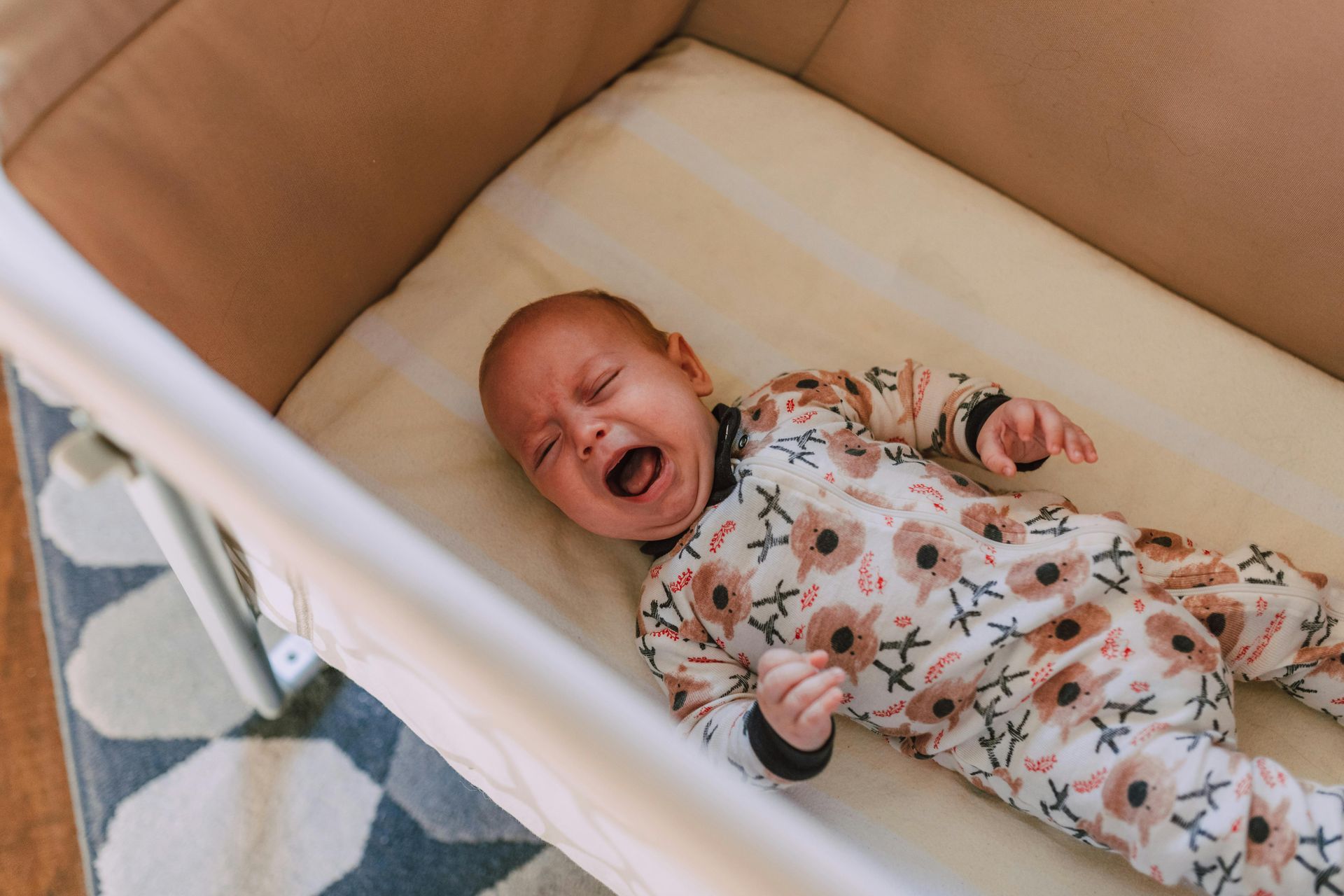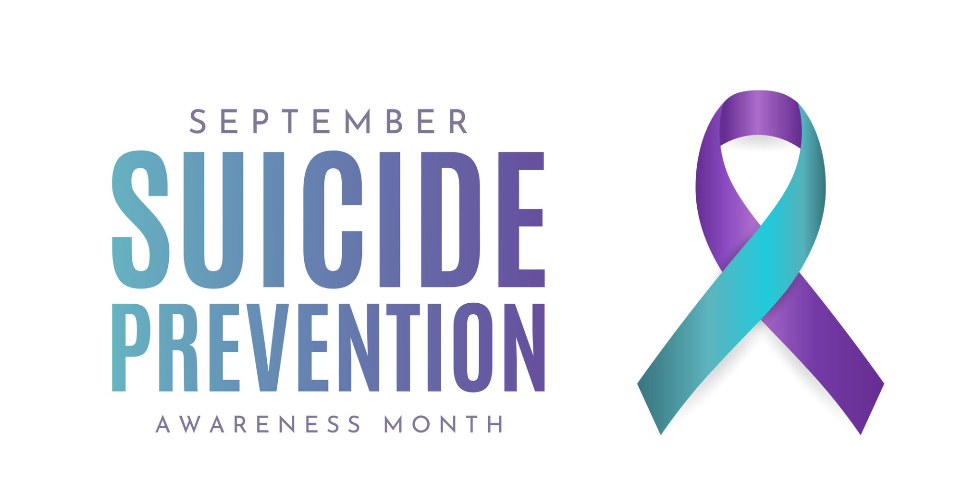Why Your Baby Wakes Up After Bedtime: 4 Reasons for False Starts and How to Fix Them
Lacy Hess • July 14, 2025
Is your baby waking up shortly after bedtime? Learn what causes false starts and how to help your little one sleep through the night.
You just put your baby to sleep, finally sit down for a quiet moment and shortly after, they’re crying again. Sound familiar?
This frustrating pattern is known as a false start. It's when your baby wakes up shortly after initially falling asleep at bedtime. While it can feel confusing, false starts are incredibly common and typically have an identifiable cause.
In this post, we’ll break down the top four reasons your baby might be waking up shortly after bedtime, and what you can do to help your baby settle into longer, more restful nighttime sleep.
1. Timing Troubles: Overtired or Not Tired Enough
The timing of bedtime plays a big role in sleep success. If your baby is overtired, their body produces stress hormones that make it harder to transition into deep sleep. On the flip side, if they’re not tired enough, they may treat bedtime like a nap and wake soon after.
Solution:
Follow age-appropriate wake windows and watch for sleepy cues like rubbing eyes, zoning out, or fussiness. The goal is to hit the sweet spot where your baby is tired but not running on empty. A consistent nap schedule during the day helps prevent both over- and under-tiredness at night.
2. The Sleep Environment Isn’t Conducive to Rest
Even if your baby falls asleep at first, a poor sleep environment can trigger wake-ups. Light, sound, temperature, and even distractions in the crib can disrupt those first sleep cycles.
Ideal Baby Sleep Environment Checklist:
- Dark room: Blackout curtains help prevent early evening or morning light from waking your baby.
- White, brown, or pink noise: A steady sound machine drowns out background noise.
- Cool room: Keep the temperature between 68–72°F (20–22°C).
- Safe sleep setup: A firm mattress with a fitted sheet, no pillows, bumpers, or loose blankets for all babies less than 1 year of age.
Solution:
Audit your baby’s room for noise, light leaks, and temperature. A calm, consistent sleep space sets the stage for uninterrupted rest.
3. Sleep Associations Are Disrupting Self-Settling
If your baby needs to be rocked, nursed, or held to fall asleep, they may struggle to fall back asleep independently when they stir during light sleep cycles.
Solution:
Start building independent sleep skills. Put your baby down calm but awake, offer a predictable bedtime routine, and gradually reduce your involvement at sleep onset. This helps your baby learn how to settle themselves when they naturally wake between cycles.
4. Hunger or Physical Discomfort
Babies may wake shortly after falling asleep if they’re uncomfortable or hungry. This is especially common if they didn’t get enough to eat during the day or are teething, gassy, or sick.
Solution:
- Offer consistent, full feeds during the day. Avoid snacking!
- Address teething with a chilled teething toy or a pediatrician-approved pain reliever.
- Ensure baby’s clothing is comfortable and diapers are dry at bedtime.
- Rule out any possible health concerns with your pediatrician if discomfort continues.
Final Thoughts: Helping Your Baby Sleep Through the Night
False starts can feel discouraging, but they don’t last forever. Once you identify the cause, whether it’s timing, environment, associations, or discomfort, you can take clear steps to help your baby sleep longer stretches at night.
Want Weekly Sleep Support?
Sign up for my free newsletter and get weekly blog updates, expert sleep tips, and exclusive resources straight to your inbox. Whether your child is struggling with false starts, night wakings, or nap routines, I’ve got you.
Let’s Talk About Your Baby’s Sleep
If you're still dealing with false starts or sleepless nights and want personalized guidance, I'm here to help. I offer a free 30-minute consultation to dive into your unique sleep challenges and share how we can work together to bring sleep back to your home.





